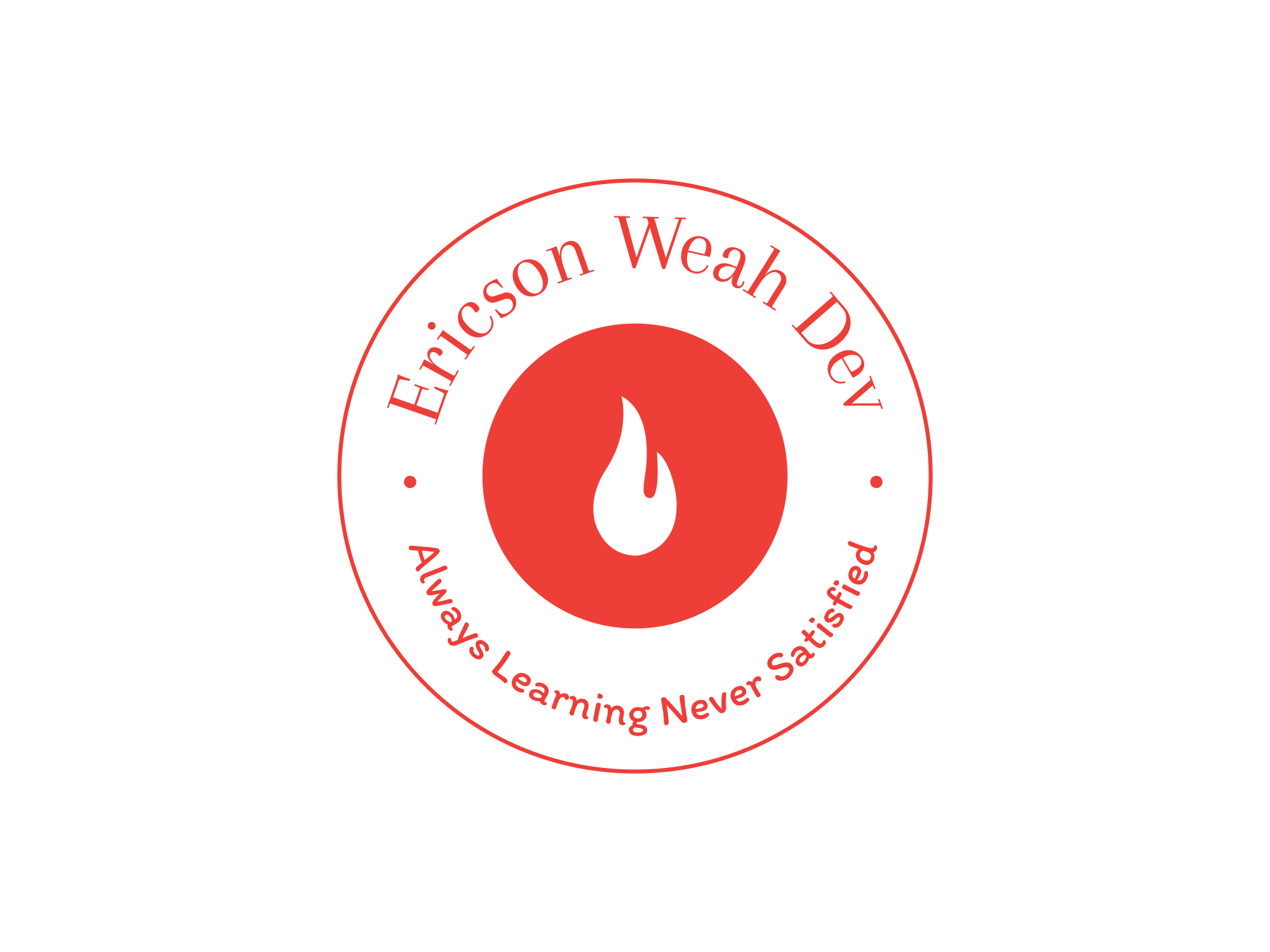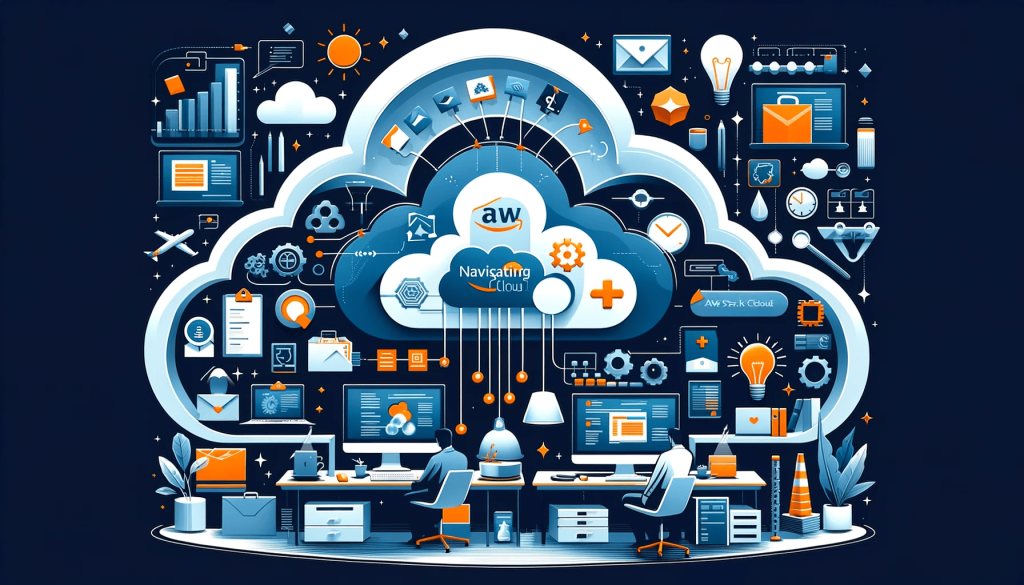Open Source Solutions: Building with Community-Powered Tools

In today’s fast-paced and ever-evolving software development landscape, open source solutions have become increasingly important. These community-powered tools not only drive innovation but also offer a host of benefits that can significantly enhance your development projects. This blog post explores the growing significance of open source software, its benefits, popular tools, real-world applications, and best practices for adoption.
Introduction
The rise of open source software has transformed the way we develop, deploy, and manage applications. By leveraging the power of community contributions, developers can access a wealth of resources, reduce costs, and accelerate innovation. This article delves into the advantages of open source solutions and provides practical guidance on how to effectively integrate them into your projects.
What is Open Source Software?
Definition and Key Characteristics
Open source software is defined by its licensing, which allows users to freely access, modify, and distribute the source code. Key characteristics include:
- Transparency: The source code is available for anyone to inspect, enhancing trust and security.
- Collaboration: Developers from around the world can contribute, improving the software through collective effort.
- Freedom: Users can modify the software to meet their specific needs and share those modifications with the community.
Role of Community Contributions
Community contributions are the backbone of open source software. Developers, testers, and users from diverse backgrounds collaborate to improve the software, fix bugs, add new features, and ensure its reliability. This collective effort accelerates innovation and ensures the software evolves to meet changing needs.
Benefits of Using Open Source Solutions
Cost Efficiency
Open source software is typically free to use, which significantly reduces software costs. Organizations can allocate their budgets to other critical areas, such as development, training, and infrastructure.
Flexibility and Customization
Open source solutions offer unparalleled flexibility. Developers can modify the software to suit specific business requirements, integrate with existing systems, and create custom features that would be difficult or impossible with proprietary software.
Security and Transparency
The open nature of the source code allows for thorough scrutiny by the community, which can identify and fix vulnerabilities quickly. This transparency enhances security and builds trust in the software’s reliability.
Innovation and Rapid Development
Open source projects benefit from the collective intelligence and diverse perspectives of the community. This collaborative approach leads to rapid innovation, as new ideas and improvements are constantly being proposed and implemented.
Community Support
Open source projects are supported by vibrant communities of developers and users. These communities provide valuable resources, such as documentation, forums, and tutorials, which can help new users get up to speed and troubleshoot issues.
Popular Open Source Tools and Platforms
Web Development
- Content Management Systems (CMS):
- WordPress: Dominates the CMS market with its ease of use and extensive plugin ecosystem.
- Joomla: Offers more flexibility and complexity, suitable for larger sites.
- Drupal: Known for its robust architecture and flexibility, ideal for complex websites.
- Frameworks:
- Django: A high-level Python framework that encourages rapid development and clean, pragmatic design.
- Ruby on Rails: A full-stack framework that emphasizes convention over configuration.
- Laravel: A PHP framework with elegant syntax and robust features.
- Front-End Libraries and Frameworks:
- React: A JavaScript library for building user interfaces, maintained by Facebook.
- Vue.js: A progressive framework for building user interfaces, known for its simplicity and flexibility.
- Angular: A TypeScript-based framework maintained by Google, suitable for building complex web applications.
DevOps and Cloud
- Containerization and Orchestration:
- Docker: Simplifies container creation and management.
- Kubernetes: An open source platform for automating deployment, scaling, and operations of application containers.
- CI/CD Tools:
- Jenkins: An automation server with a vast plugin ecosystem.
- GitLab CI: A continuous integration tool integrated with GitLab.
- Travis CI: A CI service used to build and test software projects hosted on GitHub.
Data and Analytics
- Databases:
- MySQL: A widely-used relational database management system.
- PostgreSQL: An advanced, open-source relational database known for its robustness and standards compliance.
- MongoDB: A NoSQL database known for its flexibility and scalability.
- Data Processing and Analytics:
- Apache Hadoop: A framework for distributed storage and processing of large datasets.
- Apache Spark: An open-source unified analytics engine for large-scale data processing.
- ElasticSearch: A search and analytics engine.
Artificial Intelligence and Machine Learning
- Frameworks and Libraries:
- TensorFlow: An open-source machine learning framework developed by Google.
- PyTorch: A flexible and fast deep learning framework.
- Scikit-learn: A library for machine learning in Python, built on NumPy, SciPy, and matplotlib.
Real-World Case Studies
Case Study 1: Red Hat
Red Hat has built a successful business model around open source solutions, providing enterprise-grade support and services for open source software. By leveraging the open source community, Red Hat has been able to innovate rapidly and deliver robust, reliable software solutions to its customers.
Case Study 2: Netflix
Netflix utilizes a variety of open source tools to power its streaming service, including tools for data processing, deployment, and monitoring. By contributing to and leveraging open source projects, Netflix has been able to scale its infrastructure to support millions of users worldwide.
Challenges and Considerations in Adopting Open Source Solutions
Licensing and Compliance
Understanding open source licenses and ensuring compliance is crucial. Different licenses have different requirements and restrictions, so it’s essential to choose software with a license that aligns with your project’s needs.
Support and Maintenance
Without traditional vendor contracts, managing support and maintenance for open source software can be challenging. However, active communities and third-party vendors often provide robust support options.
Integration
Ensuring compatibility and integration with existing systems and infrastructure can be complex. Thorough testing and planning are essential to avoid integration issues.
Governance
Establishing governance practices for managing open source contributions and dependencies is critical. This includes setting policies for code contributions, reviewing and approving changes, and managing dependencies.
Practical Tips and Best Practices for Adopting Open Source Solutions
Evaluating Community Health
Assess the activity, support, and sustainability of open source communities. Look for active forums, regular updates, and strong community engagement to ensure long-term viability.
Contributing Back
Encourage contributions to open source projects to foster a healthy ecosystem. Contributing not only benefits the community but also helps your team gain deeper insights into the software.
Building Internal Expertise
Develop in-house skills and knowledge to manage and customize open source tools. Invest in training and resources to build a competent team.
Establishing Policies
Create policies and guidelines for using and contributing to open source software within the organization. This ensures consistency, compliance, and effective management of open source projects.
Resources for Further Learning
- Articles and Blogs: Open Source Initiative, GitHub Blog, and various technology news sites.
- Courses: Coursera, edX, and Udemy offer comprehensive courses on open source software and development.
- Communities: Join forums and communities such as Stack Overflow, GitHub, and specific project communities to connect with other developers and experts.
Conclusion
Open source solutions offer a powerful and flexible approach to software development, driving innovation, efficiency, and collaboration. By embracing community-powered tools, you can leverage the collective intelligence of the global developer community, reduce costs, and build robust, scalable applications. Explore the world of open source today and unlock the full potential of collaborative development.
Open source software provides a wealth of opportunities for developers to innovate, customize, and build high-quality applications. By understanding the benefits and best practices for adopting open source solutions, you can harness the power of community-driven development to achieve your project goals. Whether you’re new to open source or looking to deepen your engagement, this guide provides the insights and resources you need to succeed.






 and then
and then
Responses